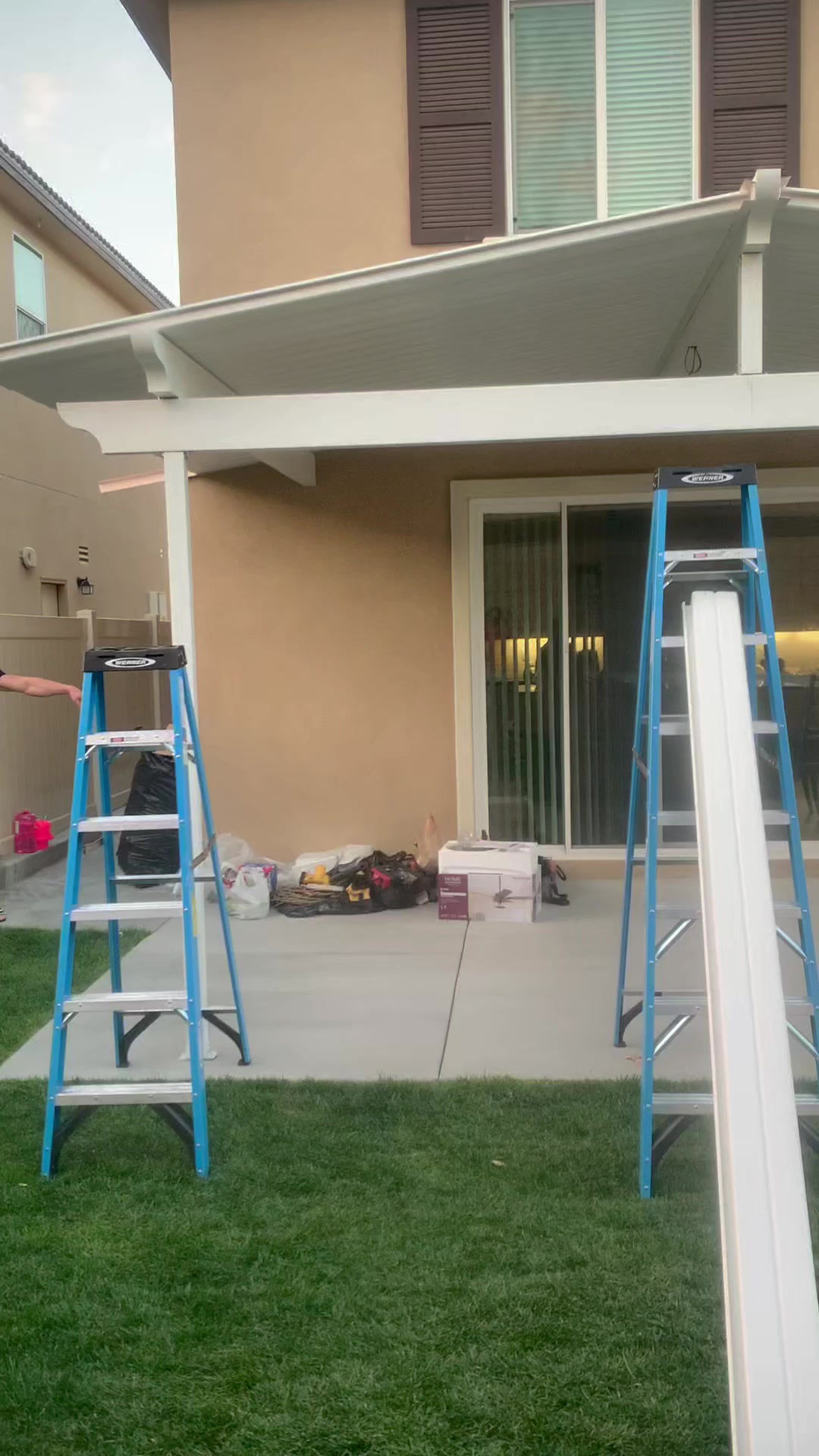Built to Last: Understanding Manufacturer and Labor Warranties in Residential Construction
- inhome renovation
- May 8, 2025
- 3 min read
Investing in a residential construction or renovation project is one of the most significant investments you'll make. As a homeowner, ensuring the longevity and quality of the work is paramount. A critical part of this assurance comes in the form of warranties – specifically, manufacturer warranties on the products used and the labor warranty provided by your contractor. Understanding the difference between these two, what they cover, and how they work is essential for protecting your investment and having peace of mind.
While often discussed together, manufacturer warranties and labor warranties cover different aspects of your construction project. Think of them as two distinct layers of protection.
Manufacturer Warranties: Protecting the Products
Manufacturer warranties are guarantees provided by the companies that produce the materials and products used in your home. These warranties speak to the quality and durability of the individual components themselves.
What They Cover: Typically, a manufacturer warranty covers defects in the manufacturing or materials of a specific product. This could include issues with roofing shingles, windows, appliances, flooring, siding, HVAC systems, or any other product installed in your home. The warranty assures that the product should perform as intended under normal use for a specified period.
What They Often Exclude: Manufacturer warranties usually do not cover issues arising from improper installation, normal wear and tear, damage caused by misuse or lack of maintenance, or damage from external events like severe weather (unless explicitly stated).
Duration: The length of manufacturer warranties varies greatly depending on the product. Some might be for a year or two, while others, like certain roofing materials or windows, may carry limited lifetime warranties.
Making a Claim: If a product fails due to a manufacturing defect, you would typically make a claim directly with the manufacturer, following the process outlined in the product's warranty documentation. Your contractor might be able to assist you with this process, but the warranty is with the product maker.
Labor Warranties: Protecting the Workmanship
A labor warranty, also known as a workmanship warranty, is the guarantee provided by your residential contractor for the quality of their installation and construction work. This warranty is about how the materials were put together and the overall quality of the build.
What They Cover: A labor warranty protects you against defects directly resulting from the contractor's work or installation errors. This could include issues like improper flashing causing a leak, incorrectly installed flooring that buckles, faulty plumbing connections, or framing errors. It assures that the construction was done according to industry standards and the terms of your contract.
Typical Duration: Labor warranties from contractors are generally shorter than many manufacturer product warranties. A common duration is one year from the project's completion, though some reputable contractors may offer longer periods (e.g., 2, 5, or even 10 years for certain types of work or as a mark of confidence in their craftsmanship).
Making a Claim: If you discover an issue that you believe is due to faulty workmanship within the warranty period, you would contact your contractor directly to report the defect and initiate the repair process as outlined in your contract.
Why Understanding Both is Crucial
Knowing the difference between these warranties is vital because it clarifies who is responsible if something goes wrong:
If a window unit fails due to a seal breaking prematurely, that's likely a manufacturer warranty issue.
If that same window leaks because it wasn't installed correctly, that's typically a labor warranty issue covered by your contractor.
Without clear warranty documentation, you could find yourself in a dispute between the manufacturer and the contractor, with neither taking responsibility.
What to Look For and Ask
Before signing a contract for your residential construction project, always:
Request copies of all applicable manufacturer warranties for the major products that will be installed. Read them carefully.
Get the contractor's labor warranty clearly defined in writing within your construction contract. This should specify what is covered, the duration of the warranty, and the process for making a claim.
Ask your contractor specific questions:
What is covered under your labor warranty?
How long does your labor warranty last?
What is the process if I need to make a warranty claim?
How do you handle situations where there might be both a material defect and a workmanship issue?
Will you assist me in making claims on manufacturer warranties if needed?
Understanding these warranties provides essential protection for your significant investment. By having clear documentation and knowing what each warranty covers, you can proceed with your residential construction project with greater confidence and peace of mind, knowing you're covered for both the materials and the craftsmanship.


Comments